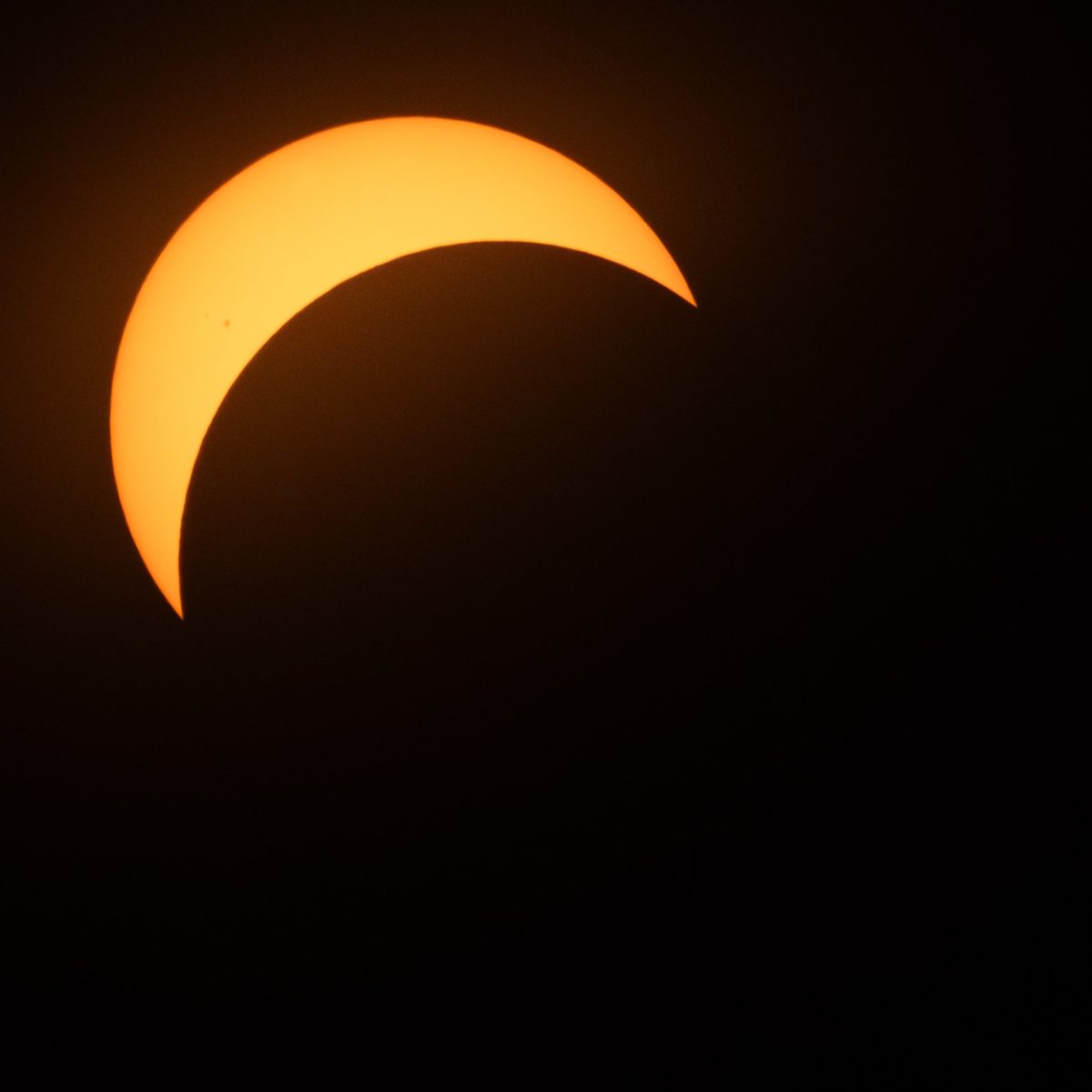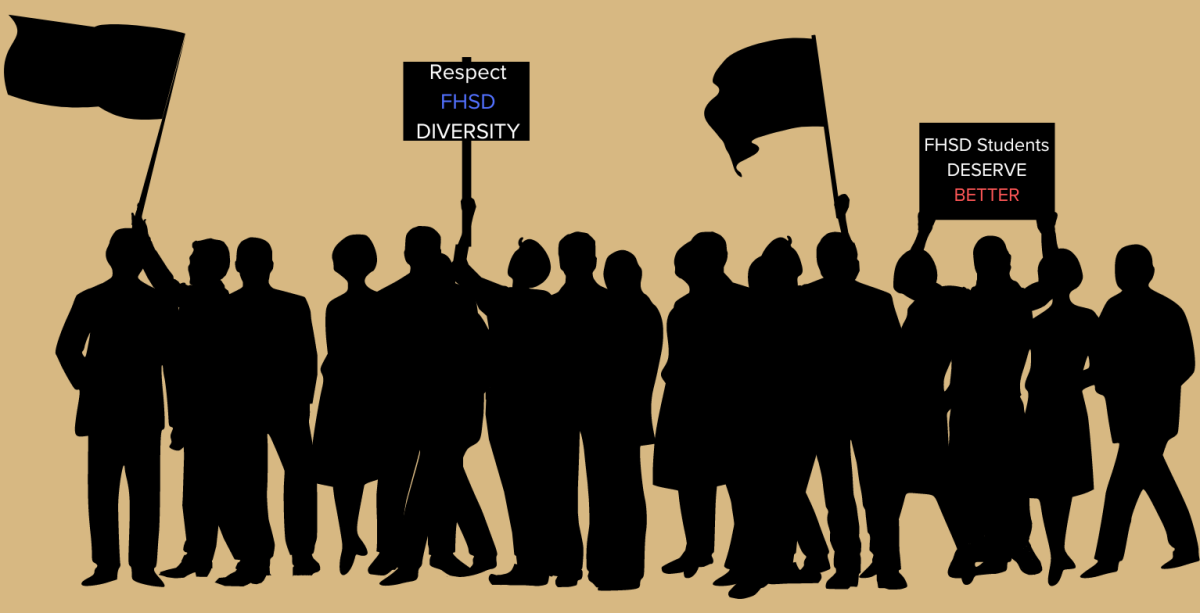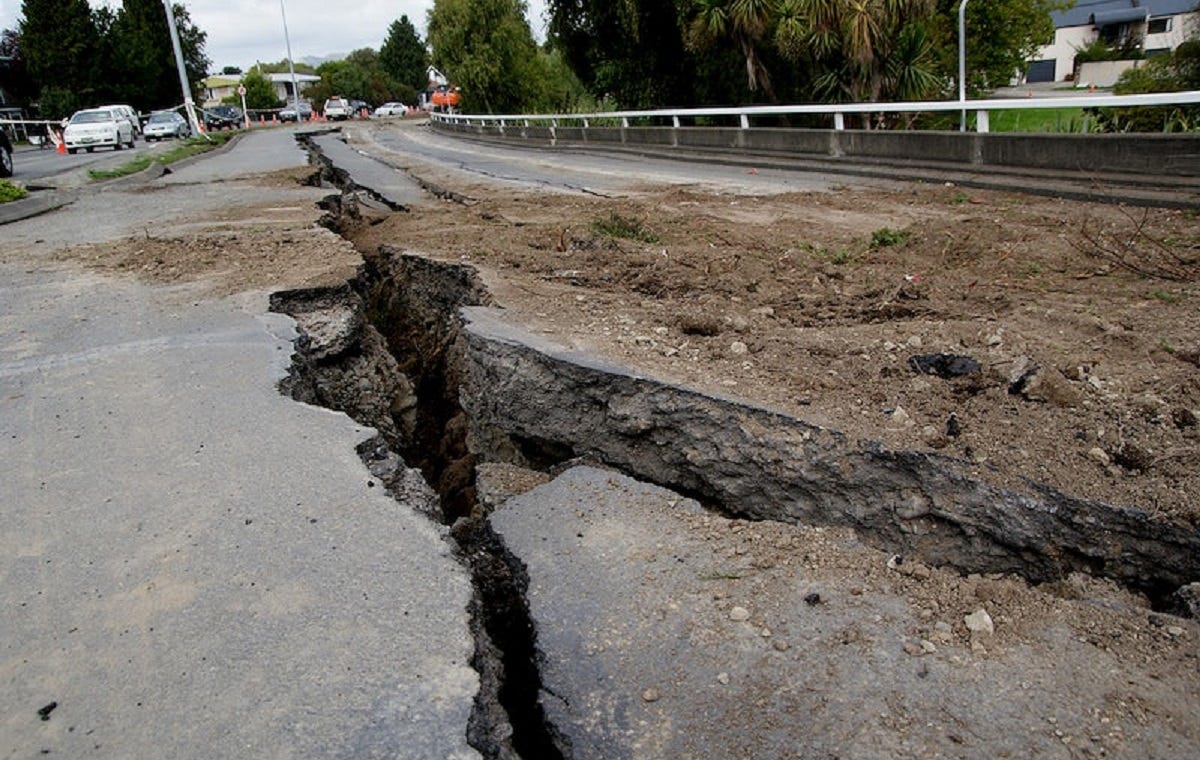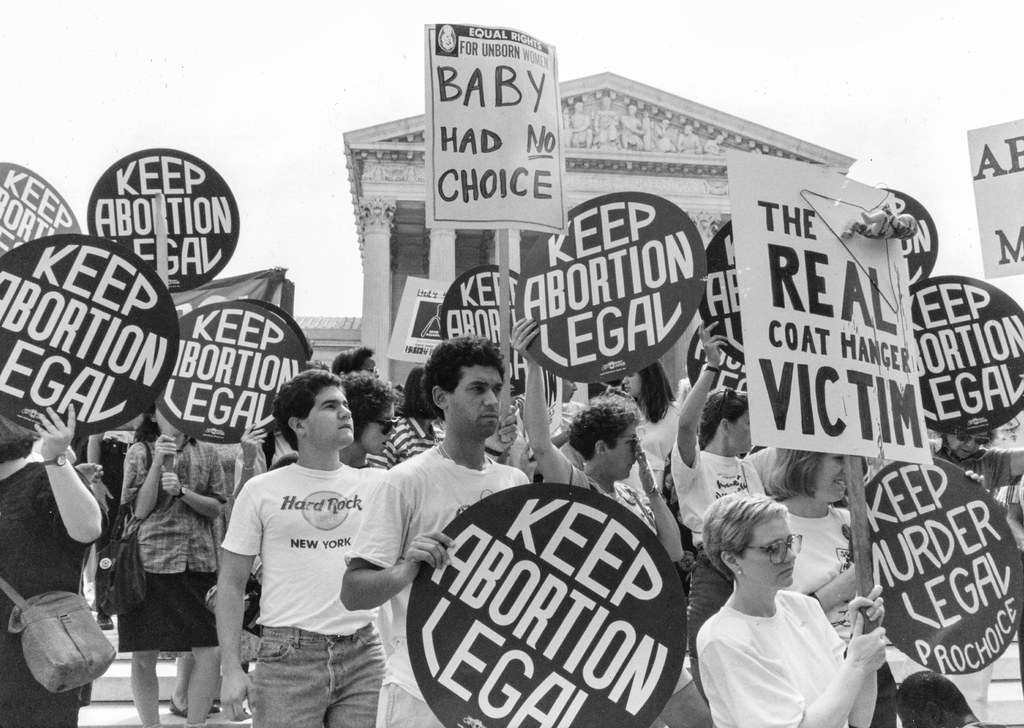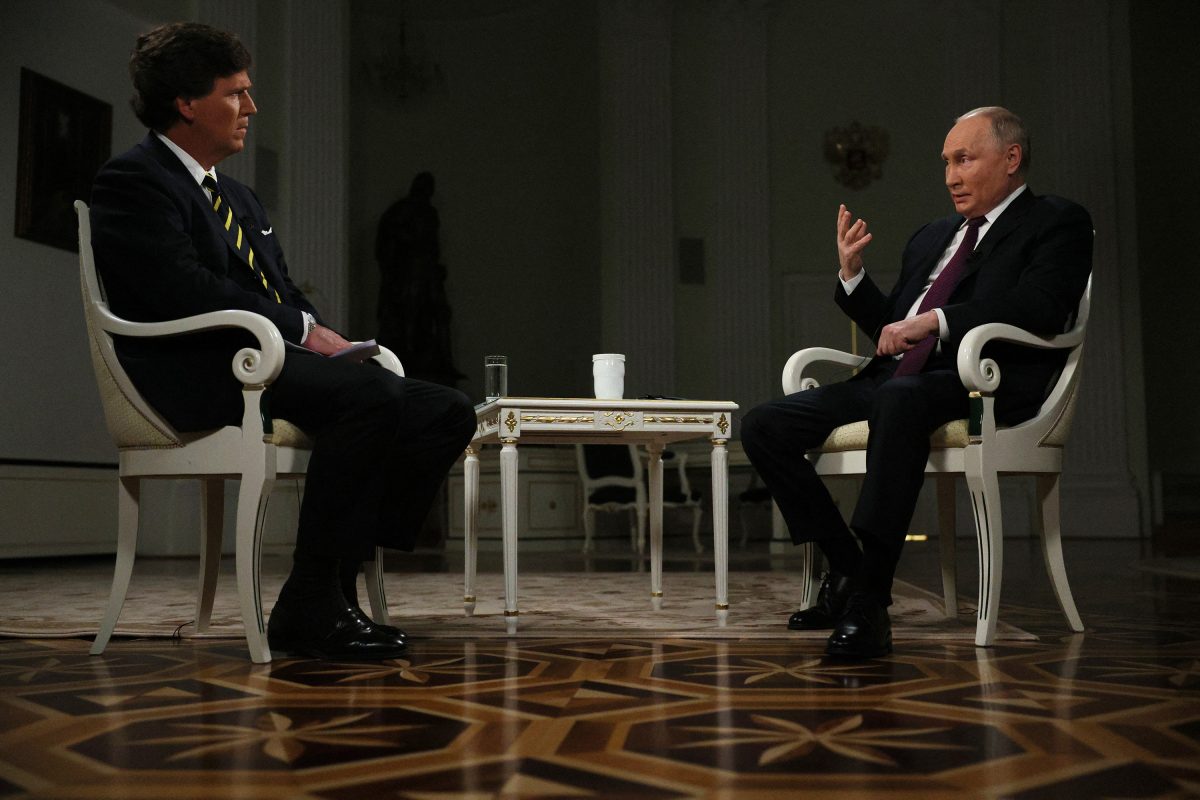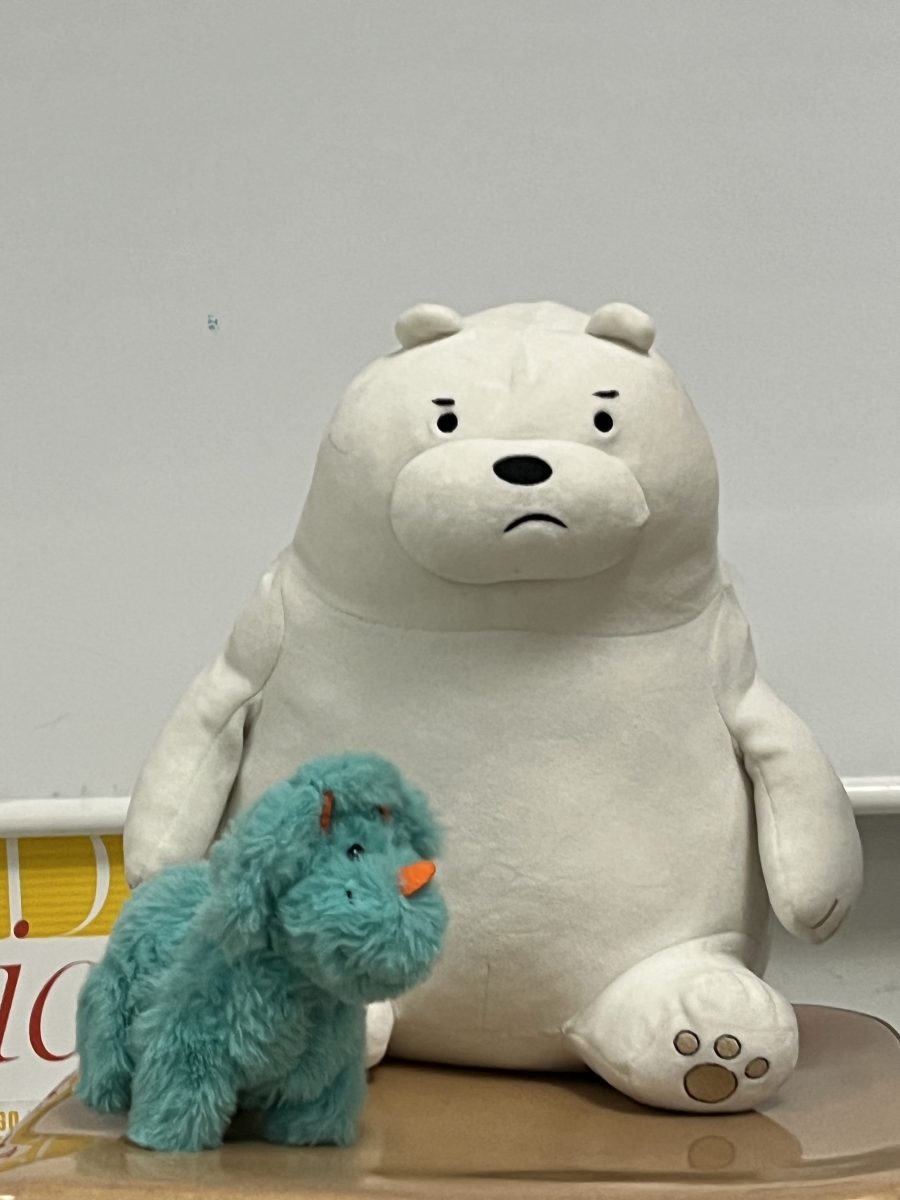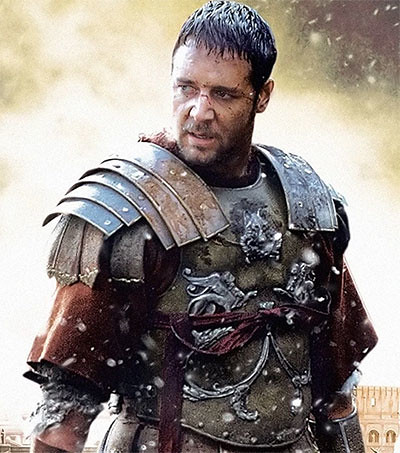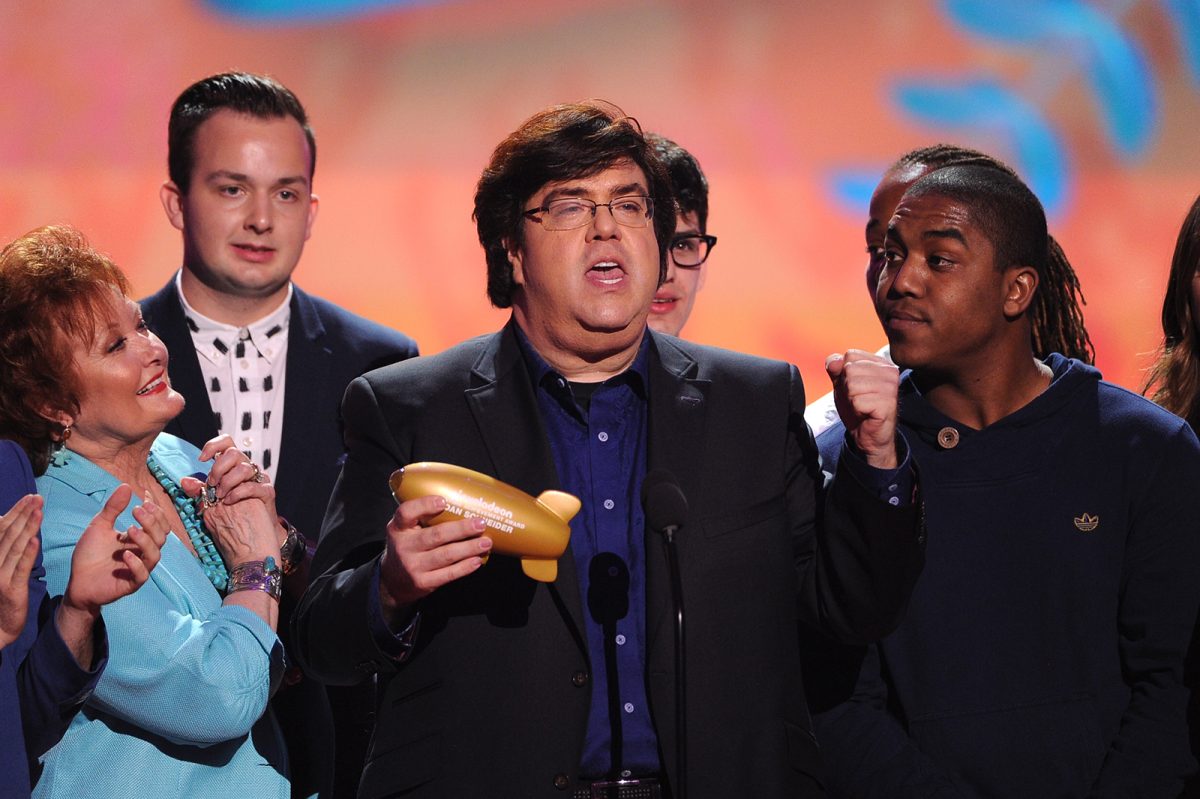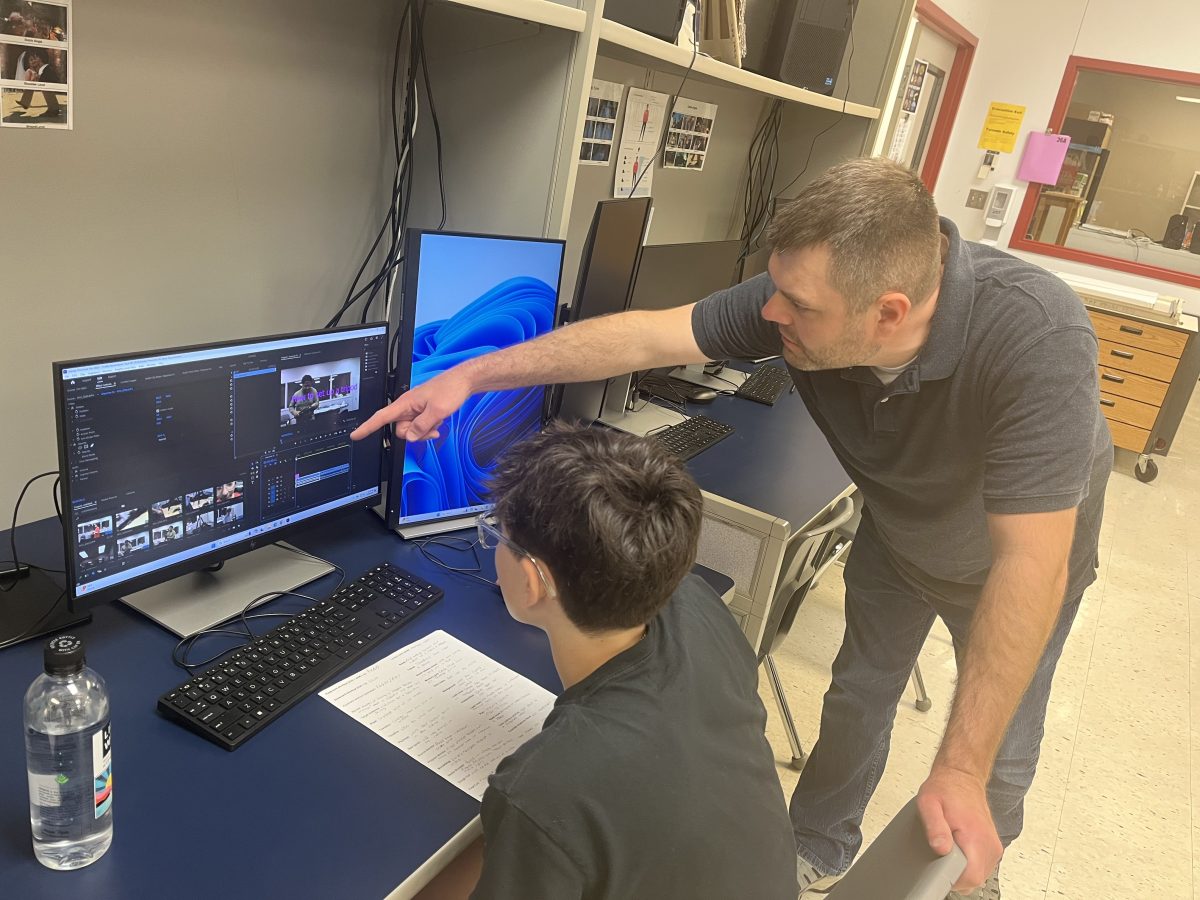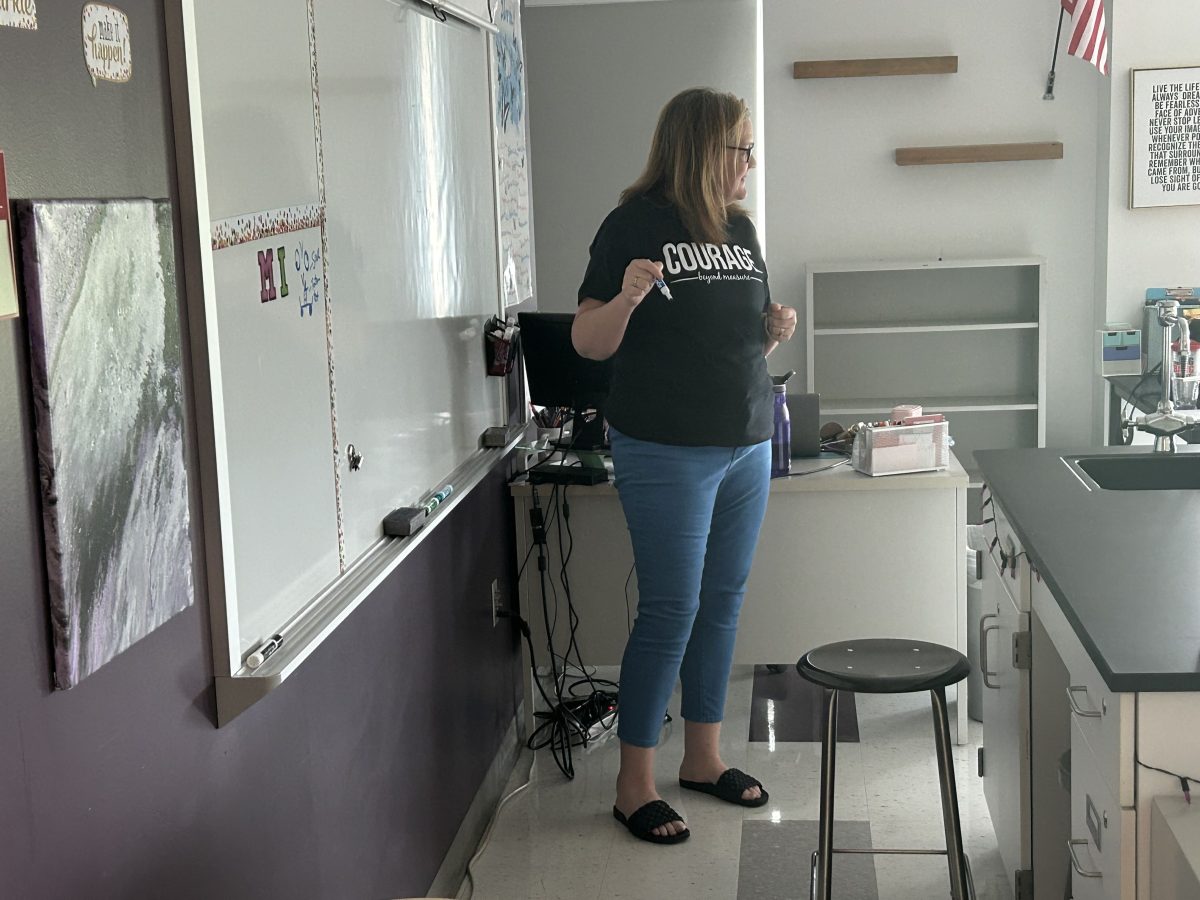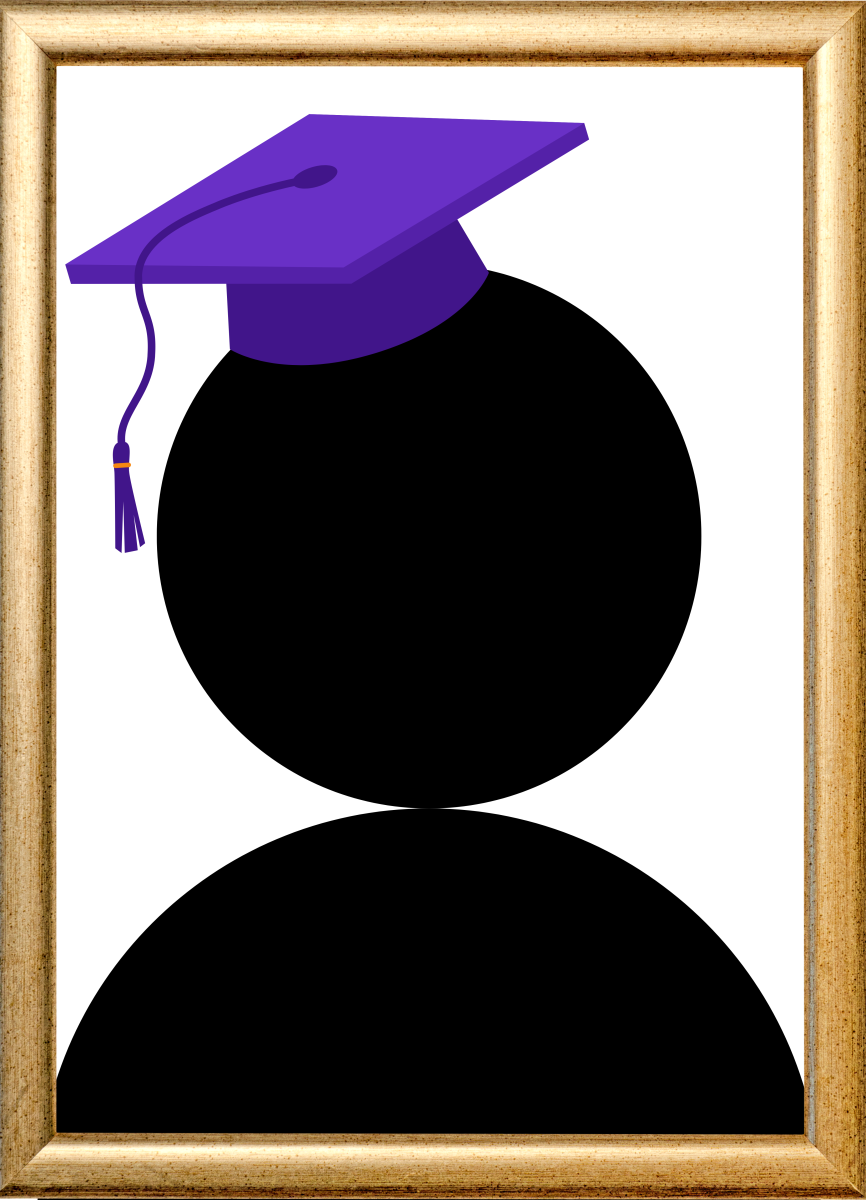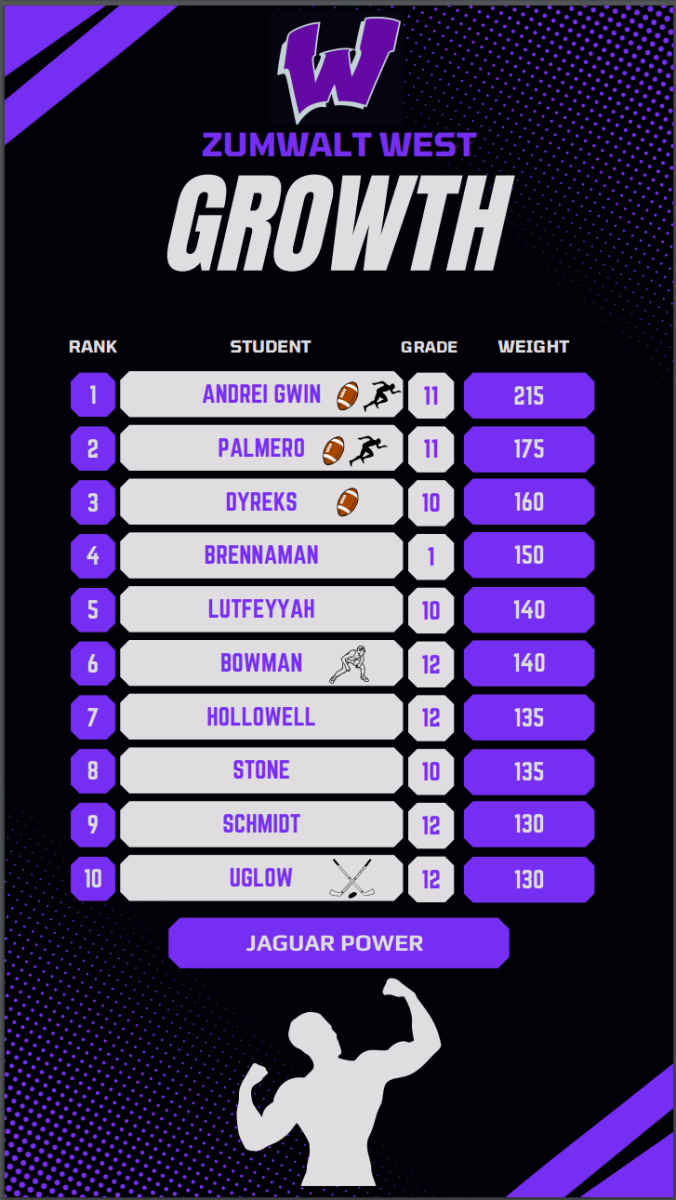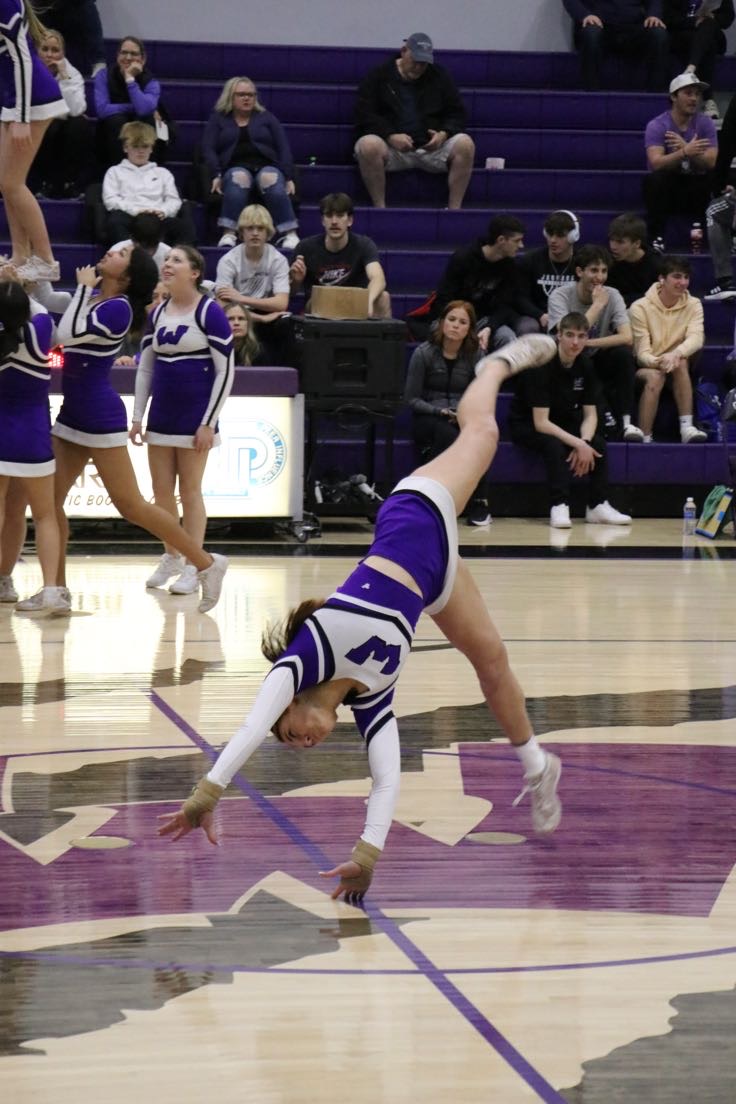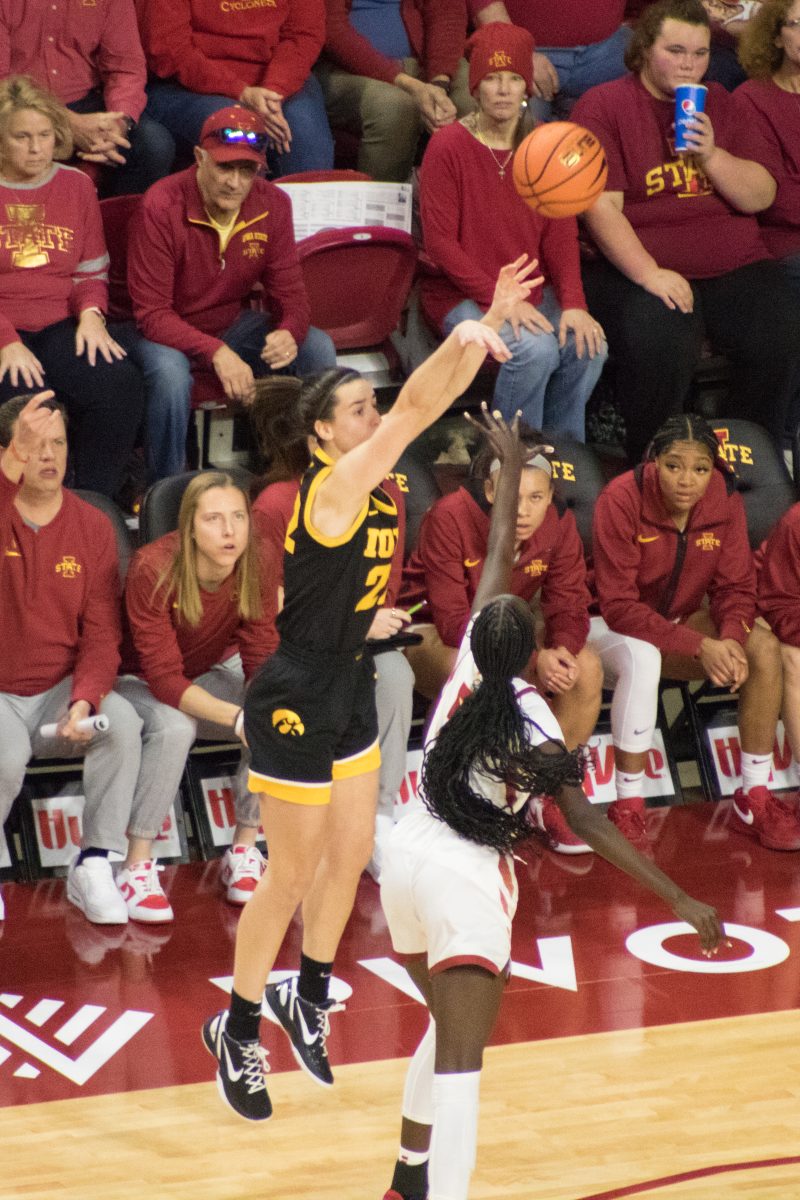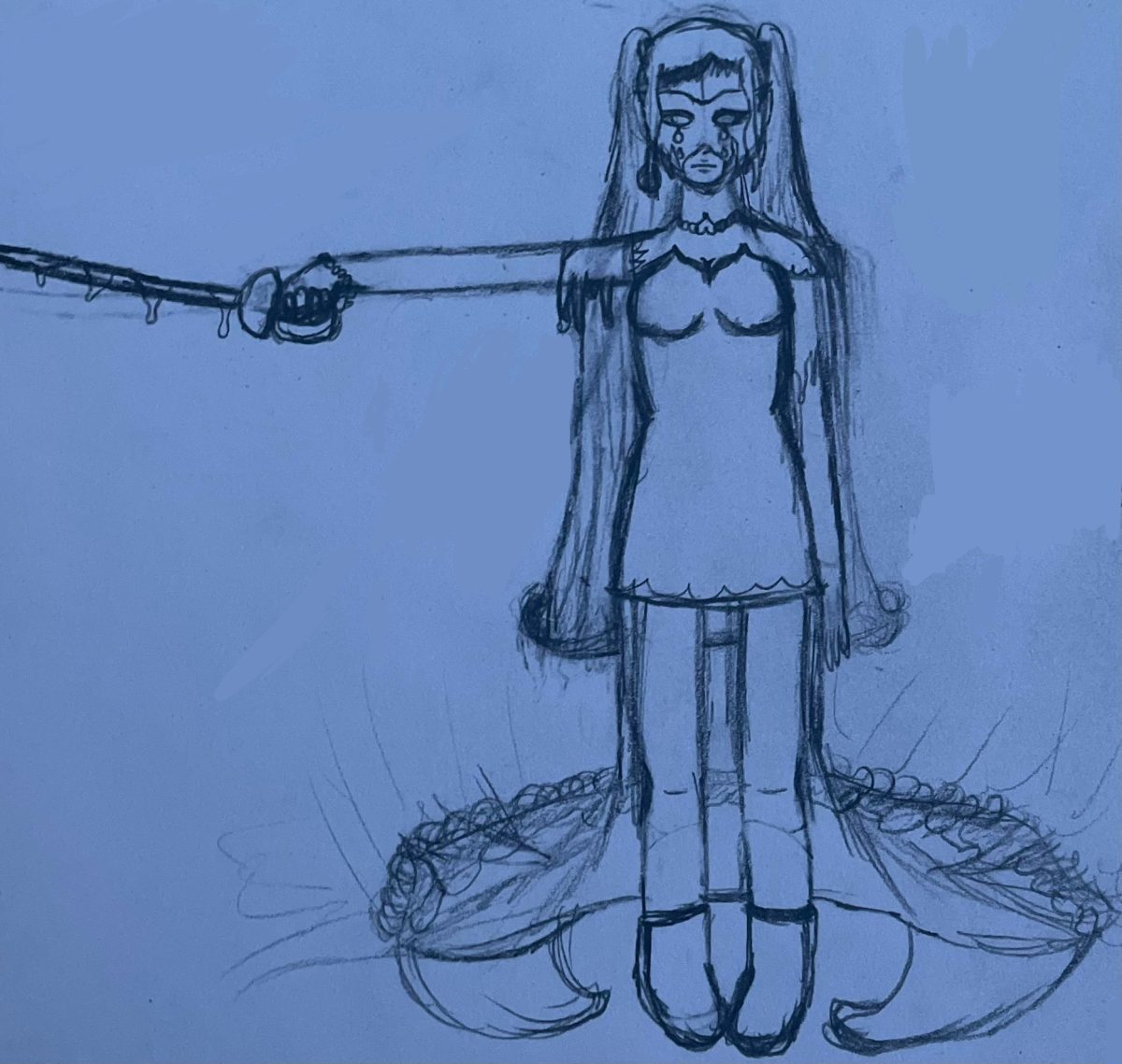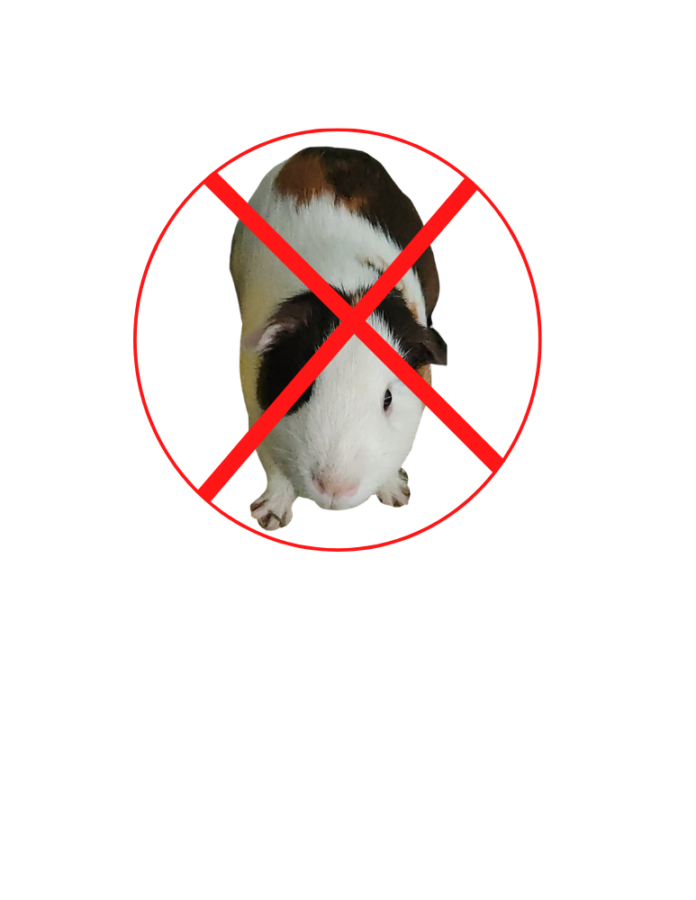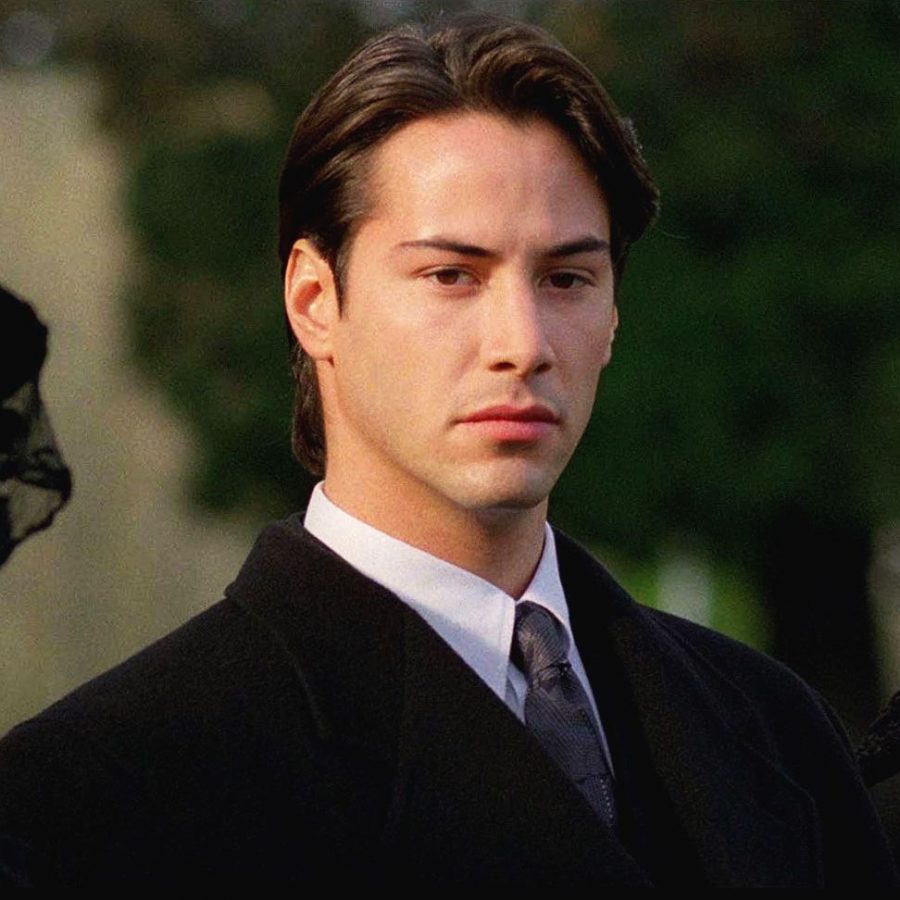When libertarian commentator Tucker Carlson traveled to Russia and interviewed President Vladimir Putin, he asked about Putin’s reasoning for the invasion of Ukraine. The response was a 20 minute history lesson on Russia.
Putin recalled names and dates as far back as the ninth century. He went on to detail Russian victories and triumphs while barely skimming the surface of the darker side of their history. A side of history that Russia seems to want to conceal. These propaganda techniques used by the Kremlin, the government facilities in the heart of Moscow, are not new, but have been used for decades to spread the ideal story that the Russian government wants people to know, according to apnews.com.
Putin went into detail about how Ukraine has been a part of Russia ever since it began. However, Ukraine as a whole has been split up and divided among different countries for almost the entirety of its history, not always being a subject under just one nation, according to britannica.com.
“Vladimir Putin is trying to construct a narrative backwards, saying Russia as a state began its development in the ninth century. You could equally say that Ukraine as a state began its development in the ninth century, exactly with the same kind of evidence and documents,” historian at the Johns Hopkins School of Advanced International Studies Sergey Radchenko said, according to bbc.com.
In Sept. 2023, rewritten history books were issued to Russian high school students ages 16-17. These books span from 1945 to the start of 2000 and were made to unify the history being taught to Russian students. In other words, it was created to support the nationwide narrative composed of what the government wants to have taught to students. They are doing this in a way that the western world knows is fake, but Russian high school students are none the wiser. Especially if they grew up being taught these ideas, according to nytimes.com.
Additionally, these students will be required to take a class called “The Basics of Defense and Defense of the Homeland,” starting this year. The class will include various forms of military training. Boys will be taught information on drills, using drones and the basics of using rifles. On the flip side, girls will be taught the basics of battlefield first aid, according to nytimes.com.
“Instead of history, they’re teaching propaganda in schools,” an independent Russian journalist Anton Orekh said on messaging app Telegram, according to nytimes.com.
In the 2010s, state funded “history parks” started popping up in 24 cities across the country. These exhibitions were centered around different events relating to Russian history, but they have received immense criticism from historians for being inaccurate and glorifying different Russian rulers and their time in power, according to apnews.com.
“The Free Historical Society urges the Education Ministry to organize a professional evaluation of the Russia—My History exhibitions and the official publication of its results and—in the meantime—to stop recommending these exhibitions as educational material,” the Free Historical Society said in an open letter, according to rferl.org.
Silencing others has also been a main strategy that the Kremlin has used in keeping their narrative pure. When historians or rights advocates recite the parallels between the rule of Josef Stalin and Putin, the government looks into it and oftentimes these people end up getting put in jail. For instance, Russia’s oldest and most prominent human rights group, Memorial, was shut down in 2021 after it drew international attention for its studies of the Soviet Union and the political oppression that occurred, according to apnews.com.
“Of course, nothing is over with this. We will appeal, and Memorial will live on with the people— because it’s the people behind it serving this great cause first and foremost. The work will continue,” one of the lawyers that represented the group in court, Maria Eismont said after the ruling.

